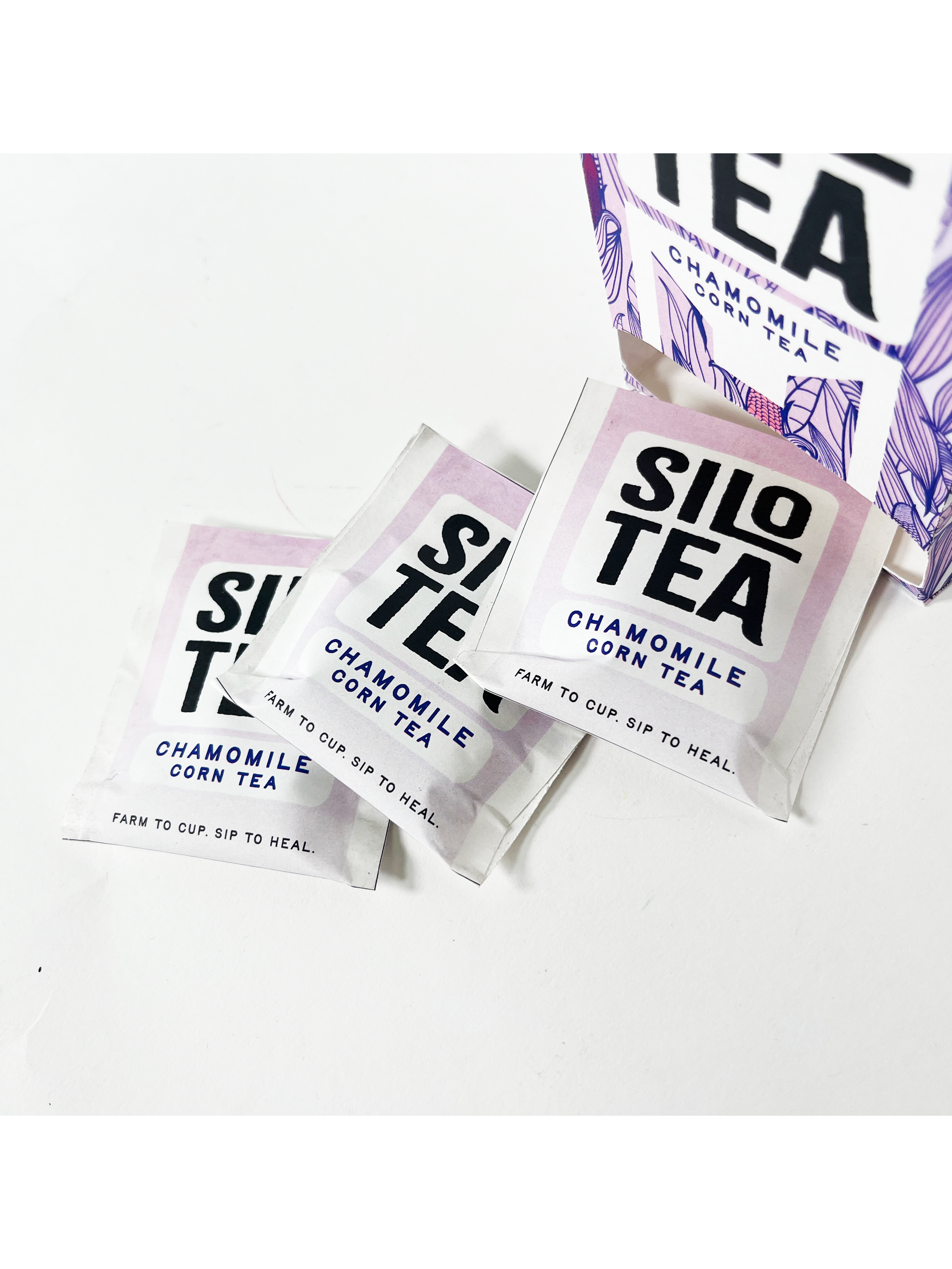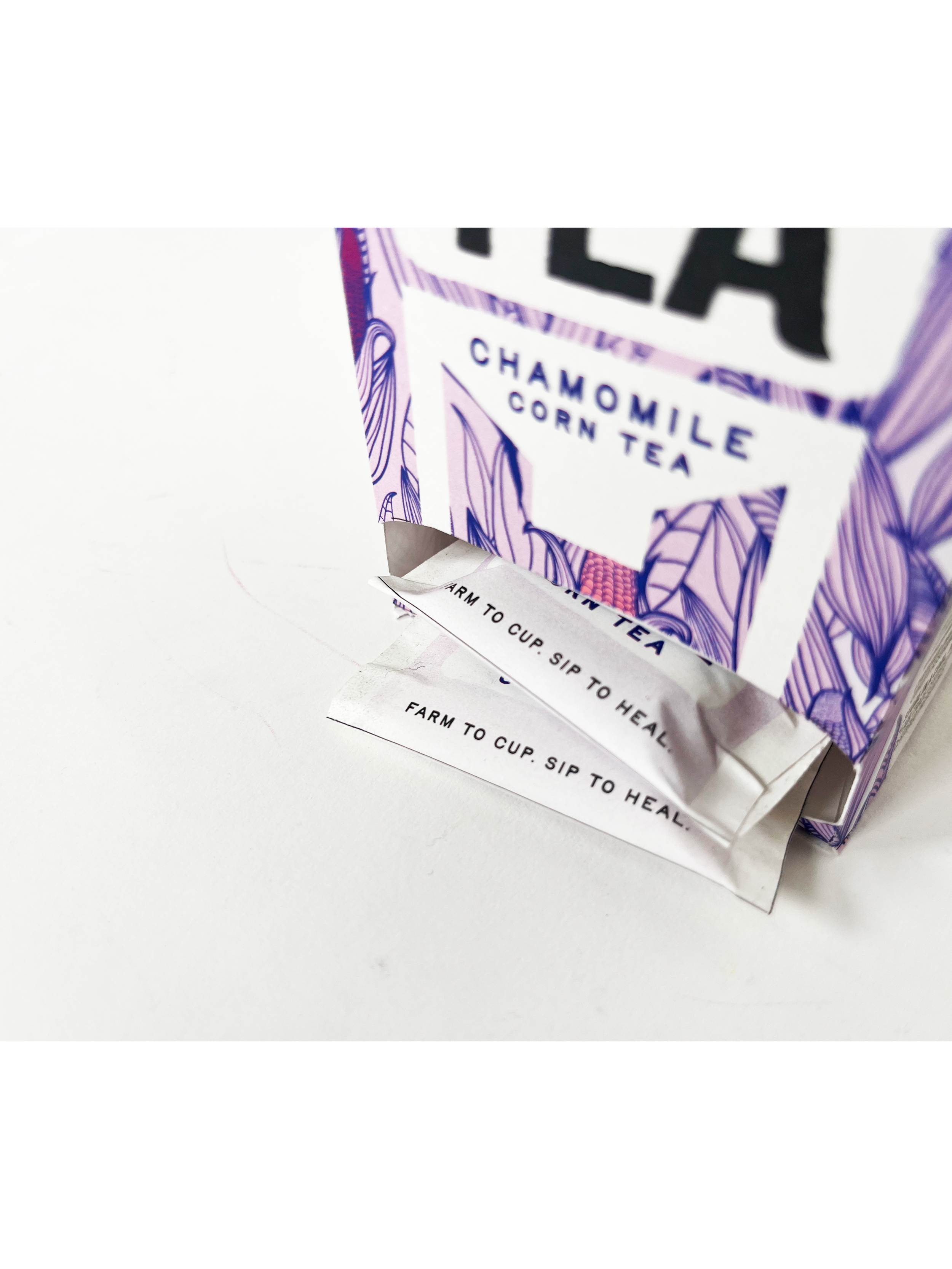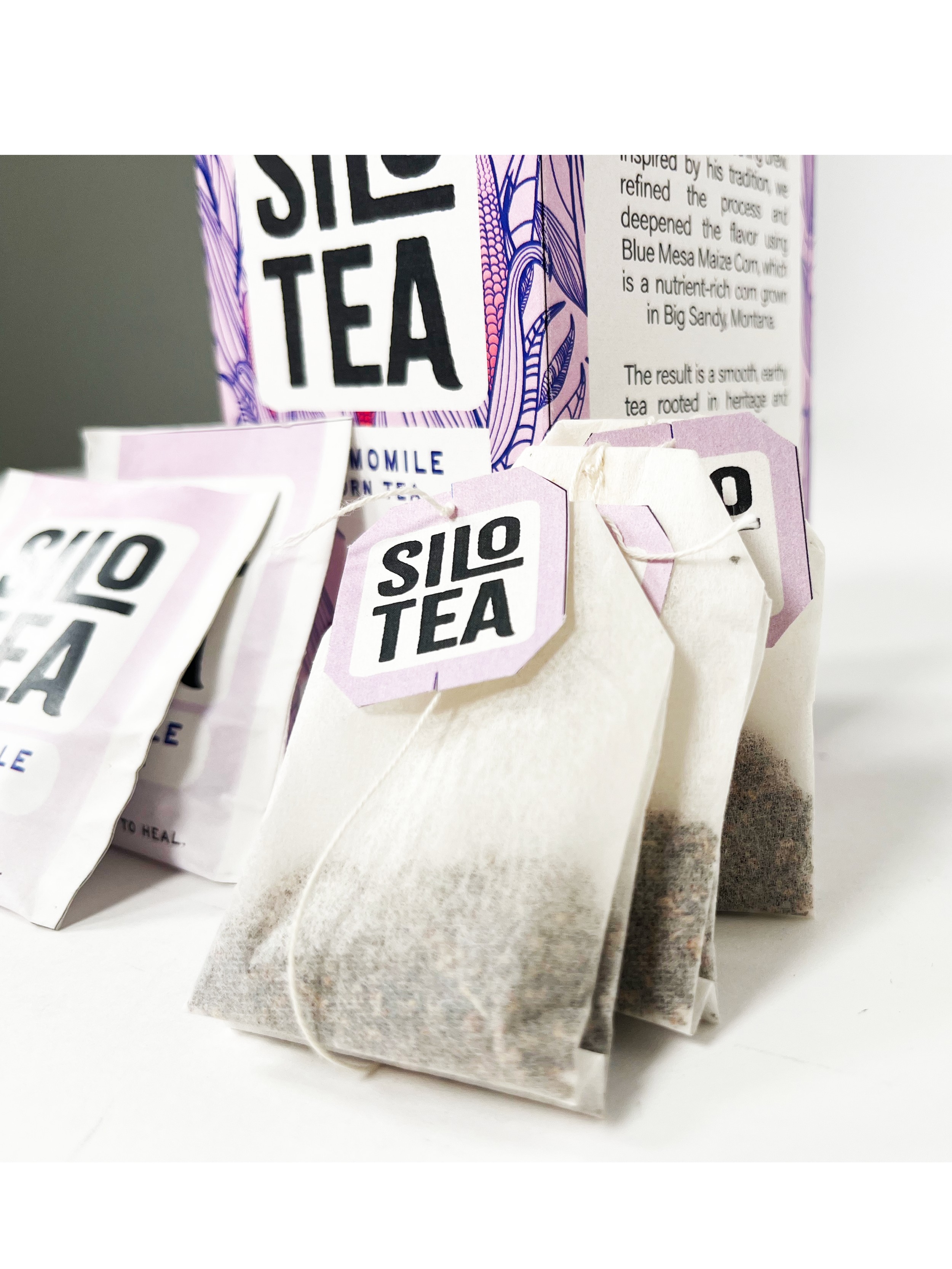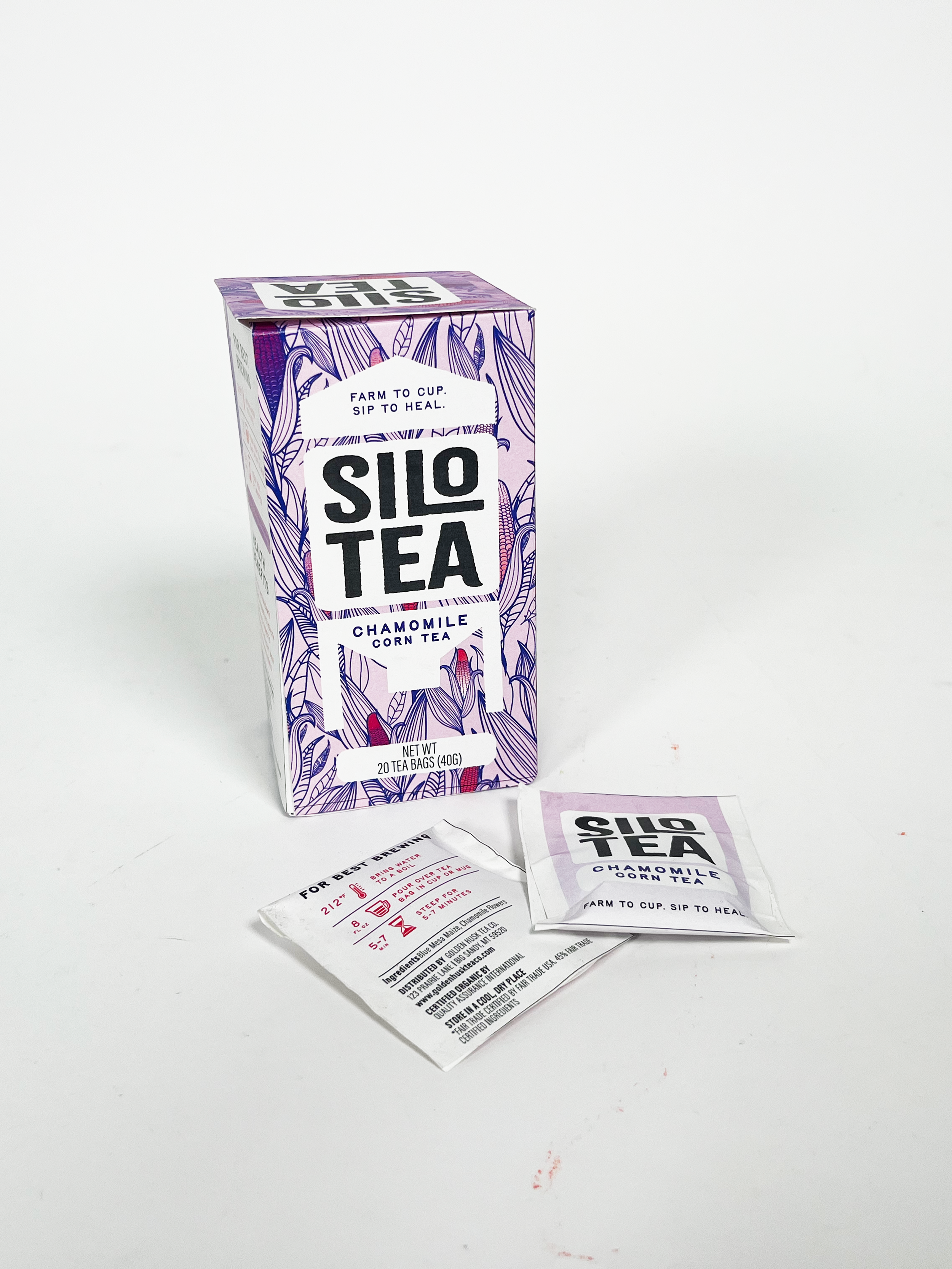
Farm To Market
n this fast-paced, interdisciplinary course, I collaborated with students from nutrition and marketing to explore the full journey of a product, from concept to consumer. Together, we researched food trends, developed product ideas, and worked through the design and marketing process, including branding and packaging. This experience gave me hands on insight into cross-functional collaboration, consumer-focused design, and the real world dynamics of bringing a food product to market.
Below, I share two of the projects I developed during the course: Grounded, a sustainable coffee coaster made from spent coffee grounds, and Chamomile Corn Cob Tea, a wellness-focused herbal tea created in collaboration with the Quinn Institute. Each project reflects a unique approach to sustainability, health, and product innovation.
Date: Spring Semester 2025
Class: Farm To Market
Project Type: Branding & Packaging, Collaborative Projects, Interdisciplinary Work
GROUNDED
Sustainable Coffee Coaster Design
Given just two weeks to complete the project, our challenge was to repurpose spent coffee grounds into a functional, marketable product. My team created Grounded a durable, resin encased drink coaster that gives new life to used grounds while offering a stylish, heat-resistant solution for everyday use. The product promotes sustainability, reduces landfill waste, and educates consumers about the environmental impact of coffee disposal.
Mockups
Alongside the product design, I incorporated statistics about coffee waste and its environmental impact to raise awareness. I also included simple, actionable tips (like composting or DIY reuse ideas)to encourage consumers to think differently about how they dispose of their coffee grounds.
#1
Gathered materials: spent coffee grounds, resin and epoxy, and silicone coaster molds
SILO TEA
Upcycled Wellness Tea Development
In this project, my team and I partnered with the Quinn Institute to create a unique, upcycled herbal tea made from chamomile and roasted corn cobs. Inspired by a local recipe, we developed a calming, nutrient-rich product that supports wellness while reducing food waste. The tea combines the soothing properties of chamomile with the earthy flavor and health benefits of corn cobs; showcasing the potential of underutilized agricultural byproducts.
The Quinn Institute is a nonprofit in Northcentral Montana focused on regenerative organic farming and food as medicine. Founded by Dr. Bob Quinn, it supports sustainable agriculture, community health, and farmer-led innovation.
#2
Dried the coffee grounds by baking them to remove moisture and prevent mold
Branding & Dieline
#3
Mixed the dried grounds with resin and epoxy, then poured the mixture into the molds
#4
Let the coasters cure fully, then removed them from the molds to reveal the finished product
Process
Mockups
Branding & Dieline
The name Silo Tea offers a more appealing, agriculture-inspired alternative to "corn cob tea." Calming purple tones reflect the brewed tea’s color, with subtle red accents nodding to the original corn variety—while avoiding yellow, green, or lavender to prevent confusion and maintain a soothing aesthetic.

























